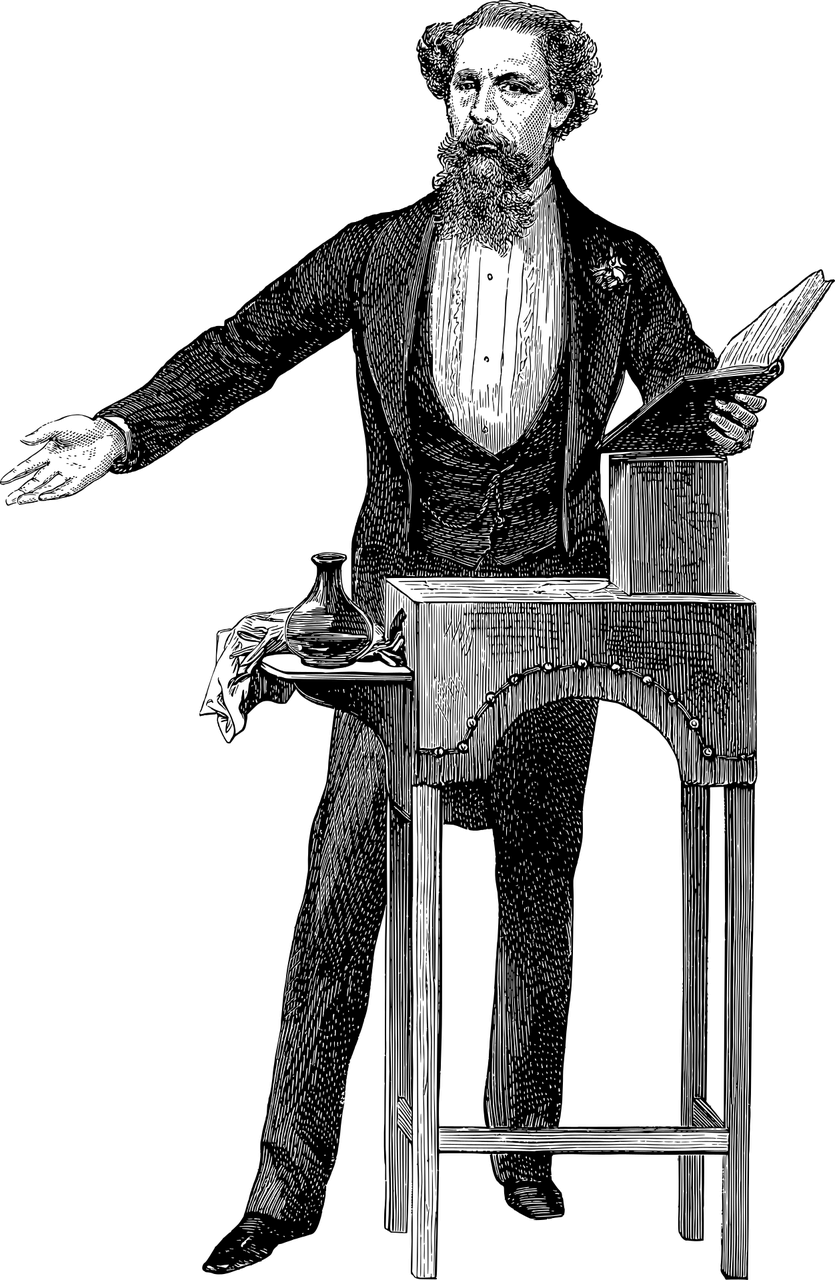Emma is a novel written by Jane Austen, an esteemed and influential English writer of the 19th century

This enduring work of literature has captivated readers with its wit, social commentary, and exploration of romance and self-discovery. In this article, we will delve into the fascinating world of Emma and its significance in the realm of literature.
Introduction to Emma by Jane Austen
Emma, published in 1815, is a novel that follows the life of its titular character, Emma Woodhouse. Set in the fictional village of Highbury, Emma is a young, intelligent, and wealthy woman with a taste for matchmaking. Throughout the novel, we witness Emmas attempts to find suitable matches for her friends and acquaintances, often with unforeseen consequences.
Jane Austen masterfully weaves themes of love, class, and social hierarchy into the narrative, providing a sharp commentary on the society of her time. The novel showcases Austen’s sharp wit and satirical style, as she exposes the follies and absurdities of the upper-class society.
Historical Development of Emma by Jane Austen

To understand the historical development of Emma, it is essential to examine the context in which Jane Austen wrote. The early 19th century was marked by societal changes and advancements that greatly influenced Austen’s work.
During this period, the Industrial Revolution was in full swing, leading to significant shifts in social and economic structures. The rise of the middle class and the emergence of a more mobile society created new opportunities for individuals to transcend their social stations. These changes are reflected in Emma, as the characters navigate the intricacies of class and societal expectations.
Furthermore, Emma was published during the Regency era in England, a time marked by a unique blend of conservatism and social progress. As women’s roles evolved, so did Austen’s portrayal of female characters. Emma, as an independent and strong-willed woman, challenges traditional gender roles and expectations, making her a trailblazer for female protagonists in literature.
Emma as a Featured Snippet on Google
To enhance the chances of this article becoming a featured snippet on Google, we will structure the text accordingly. Here is a suggested format:
Tag: Emma by Jane Austen: An Exploration of Love, Class, and Society
H2 Tag 1: Introduction to Emma
– Brief summary of the novel and its main themes
– Importance of the character Emma Woodhouse
H2 Tag 2: Historical Context of Emma
– Influence of the Industrial Revolution and social changes
– Regency era and evolving gender roles
H2 Tag 3: Significance of Emma in Literature
– Austen’s unique style and social commentary
– Impact on the portrayal of female characters in literature
H2 Tag 4:
– Placeholders for a video discussing Emma’s enduring appeal
Conclusion
Emma by Jane Austen remains a timeless classic that continues to resonate with readers today. Its exploration of love, class, and self-discovery, coupled with Austen’s wit and social commentary, solidify its place in the literary canon. By examining its historical development and significance, we gain a deeper appreciation for Austen’s enduring legacy.
Note: It is important to thoroughly proofread and fact-check the article to ensure accuracy and reliability.